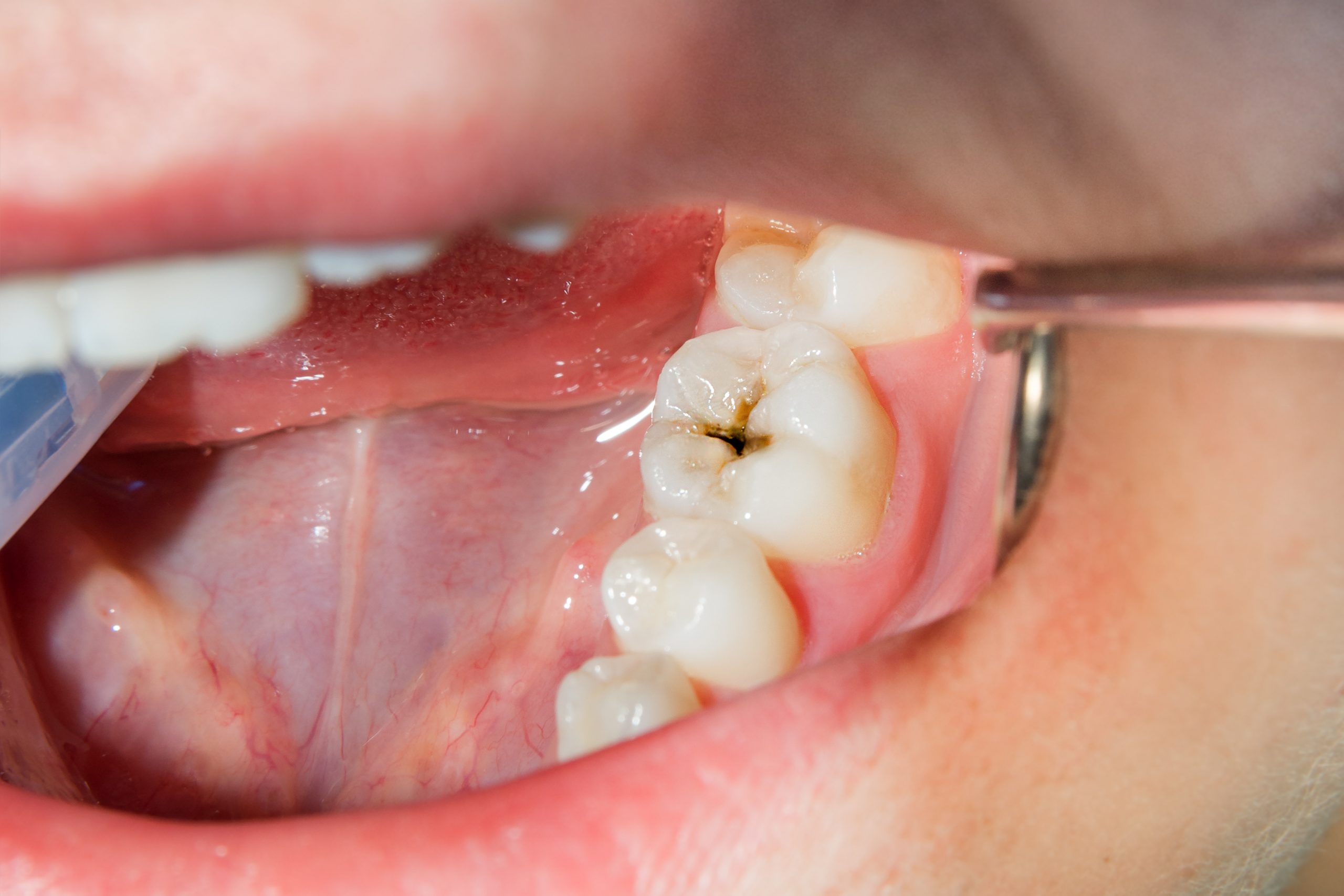Tooth Decay Treatment in Channapatana
- 3 months ago
- Best Dental Implants Treatment In Channapatana ,
- BEST TEETH WHITENING IN CHANNAPATNA ,
- BEST DENTAL IMPLANTS TREATMENT IN CHANNAPATNA ,
- Wisdom Teeth Removal Near Channapatna ,
- Scaling and Polishing Treatment Channapatana ,
- TEETH WHITENING TREATMENT IN CHANNAPATNA ,
- Teeth Whitening Treatment Channapatana ,
- Tooth Decay Treatment in Channapatana ,
- Doctor for Orthodontics Treatment Channapatana

Contact : +919901344447
Tooth decay, or dental caries, is a common oral health issue that affects millions of people worldwide. It occurs when bacteria in the mouth produce acids that erode tooth enamel, leading to cavities and potential tooth loss. Fortunately, effective treatments are available to manage and reverse tooth decay, ensuring optimal oral health. Here’s a comprehensive guide to tooth decay treatment, emphasizing preventive measures and therapeutic options.
Understanding Tooth Decay
Tooth decay begins with the buildup of plaque, a sticky film of bacteria that forms on teeth. When sugar and carbohydrates from food are consumed, the bacteria in plaque produce acids that attack tooth enamel. Over time, this acid erosion can lead to the formation of cavities, which, if left untreated, can cause more severe dental issues.
Preventive Measures
Prevention is the best strategy to combat tooth decay. Regular oral hygiene practices include:
-
Brushing: Brush your teeth at least twice a day using fluoride toothpaste. Fluoride helps to remineralize enamel and make it more resistant to acid attacks.
-
Flossing: Daily flossing removes food particles and plaque from between teeth and along the gumline where a toothbrush cannot reach.
-
Dietary Choices: Limit the intake of sugary and acidic foods and beverages, as these can fuel bacteria growth and acid production. Opt for a balanced diet rich in fruits, vegetables, and whole grains.
-
Regular Dental Checkups: Visit your dentist every six months for professional cleanings and checkups. Early detection of decay allows for prompt treatment and minimizes damage.
Treatment Options for Tooth Decay
When tooth decay is detected, various treatments are available to restore dental health and prevent further complications:
-
Fluoride Treatments: For early-stage tooth decay, fluoride treatments can help remineralize and strengthen weakened enamel. Fluoride varnishes and gels are applied directly to the affected teeth during dental visits.
-
Dental Fillings: If a cavity has formed, a dental filling is used to restore the tooth's structure. The decayed portion of the tooth is removed, and the cavity is filled with materials such as composite resin, amalgam, or glass ionomer. Fillings restore the tooth's function and prevent further decay.
-
Dental Crowns: For more extensive decay or damage, a dental crown may be necessary. A crown is a tooth-shaped cap that covers the entire tooth, providing strength and protection. Crowns are commonly used when a large filling is not sufficient.
-
Root Canals: If tooth decay progresses to the inner pulp of the tooth, a root canal may be required. This procedure involves removing the infected pulp, cleaning and disinfecting the root canals, and sealing them. A crown is usually placed on the tooth afterward to restore its function.
-
Sealants: Dental sealants are thin, protective coatings applied to the chewing surfaces of back teeth. They act as a barrier against plaque and acids, reducing the risk of decay in hard-to-reach areas.
-
Restorative Procedures: In cases where tooth decay has caused significant structural damage, additional restorative procedures such as inlays or onlays may be necessary. These custom-made restorations fit into or cover cavities, providing added strength and protection.
Conclusion
Tooth decay is a manageable condition with the right approach to prevention and treatment. Maintaining excellent oral hygiene, making informed dietary choices, and seeking regular dental care are key to preventing decay. If you do experience symptoms of tooth decay, such as tooth sensitivity or visible cavities, consult your dentist promptly. Early intervention and appropriate treatments can preserve your oral health and ensure a bright, healthy smile for years to come.
By addressing tooth decay proactively and understanding available treatments, you can maintain optimal dental health and avoid the complications associated with untreated decay.
